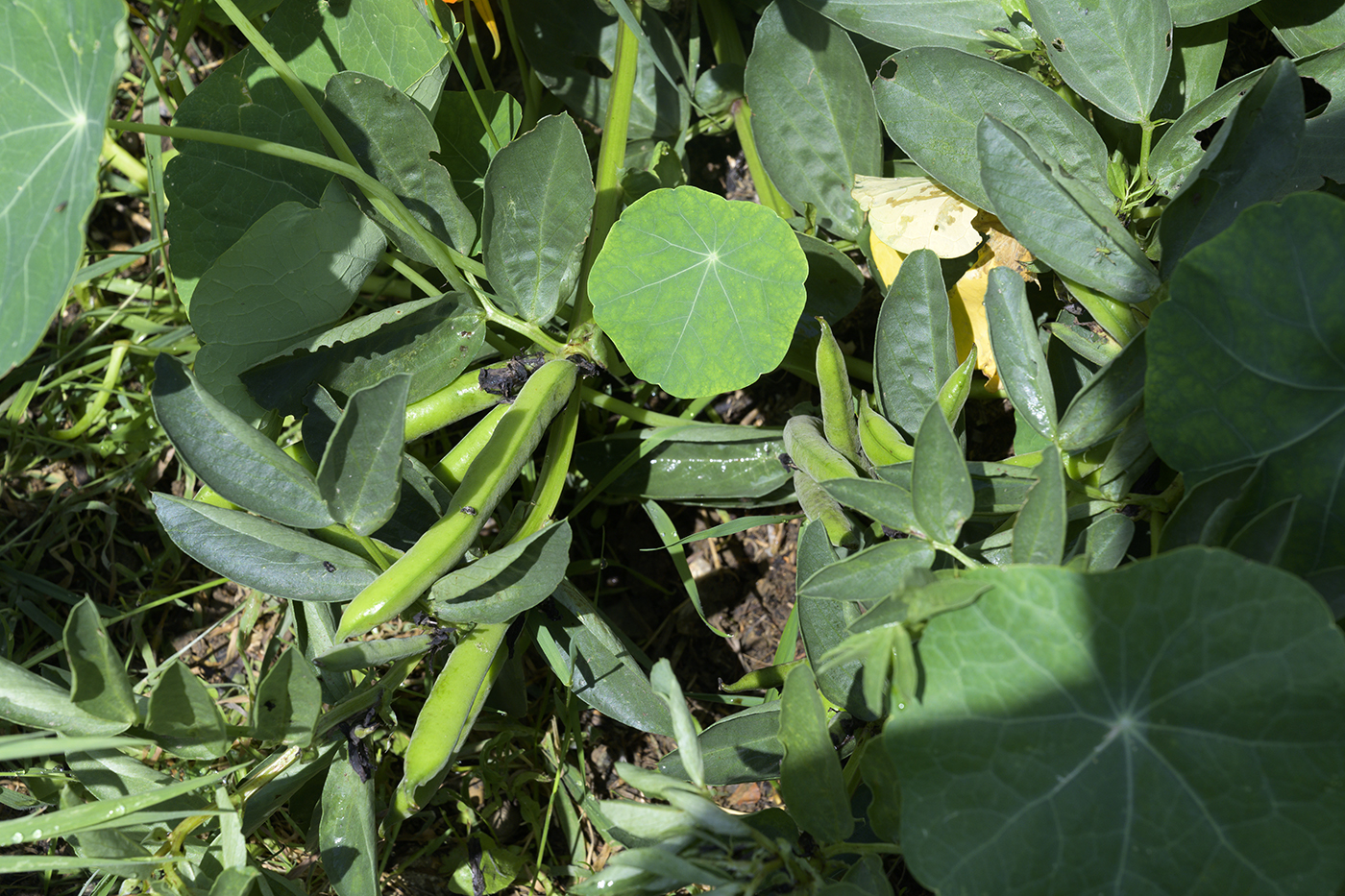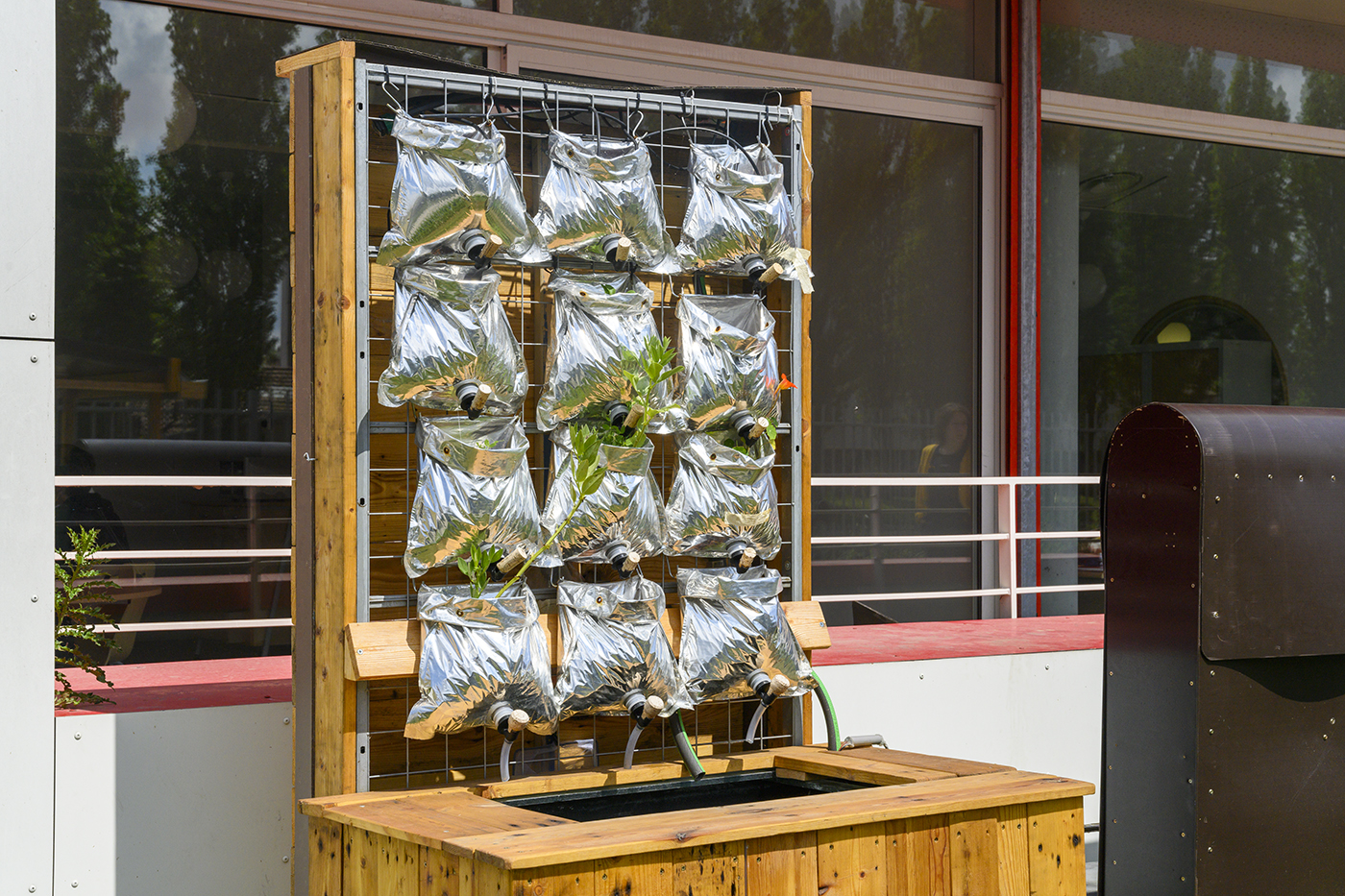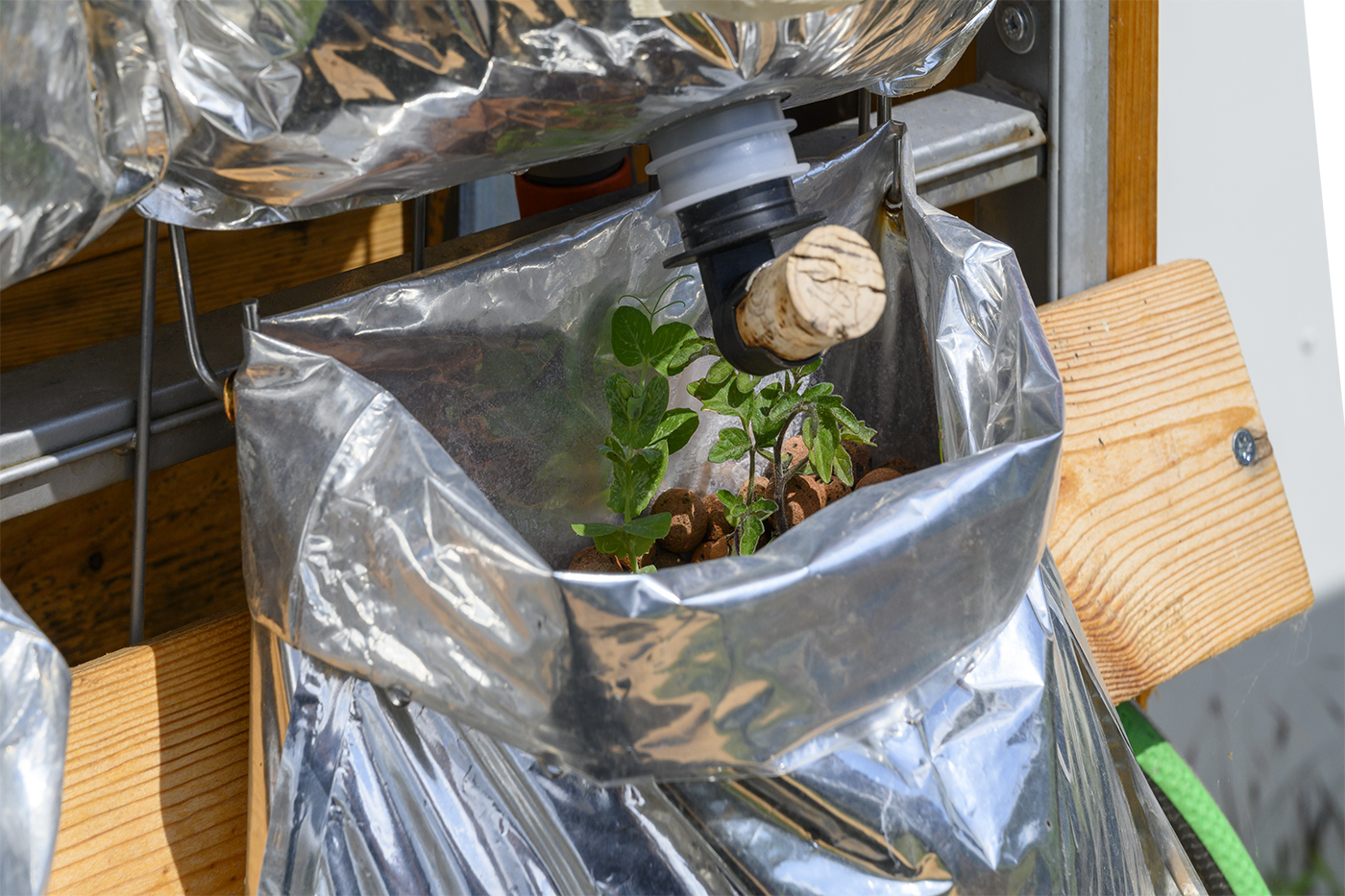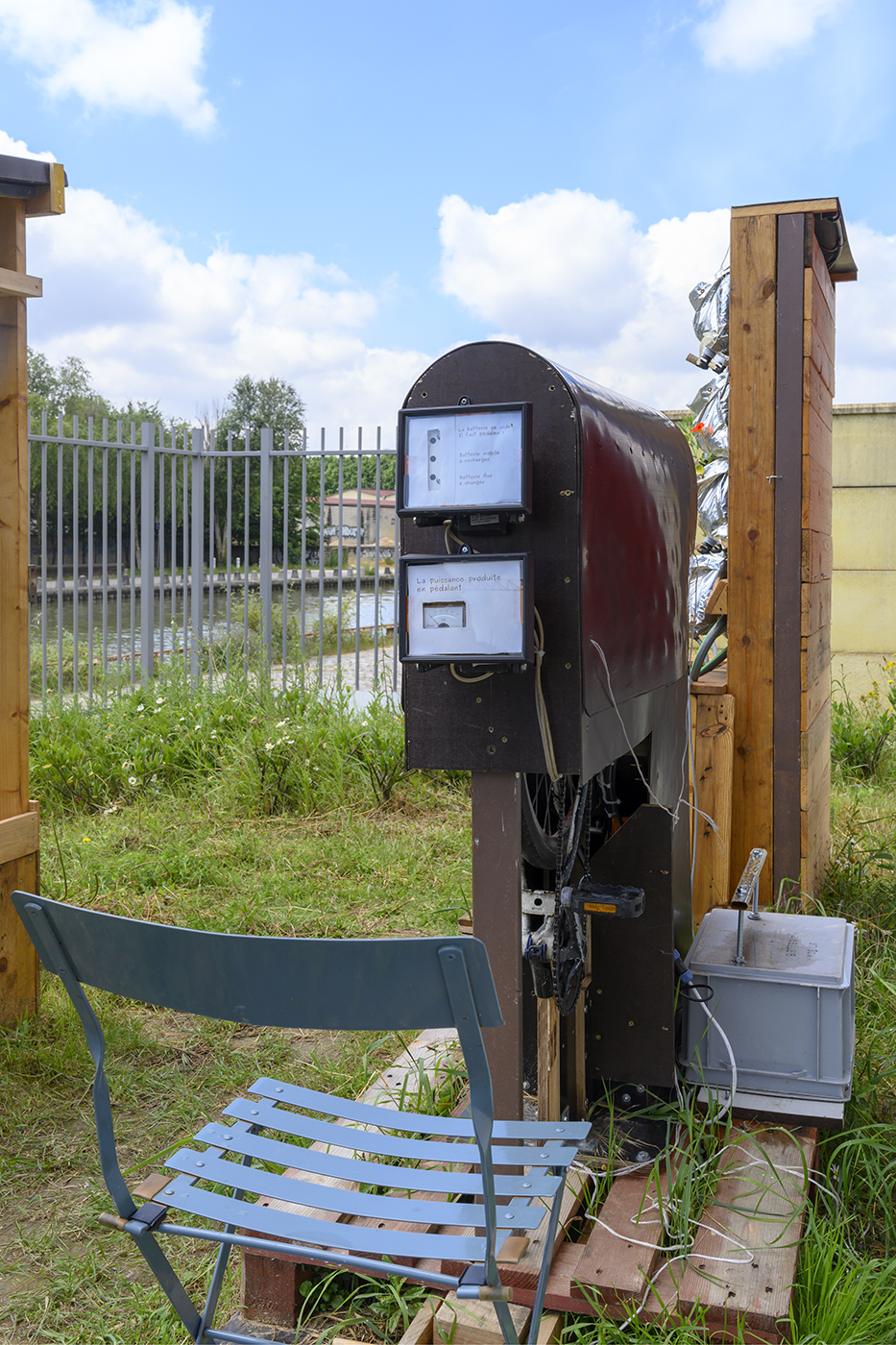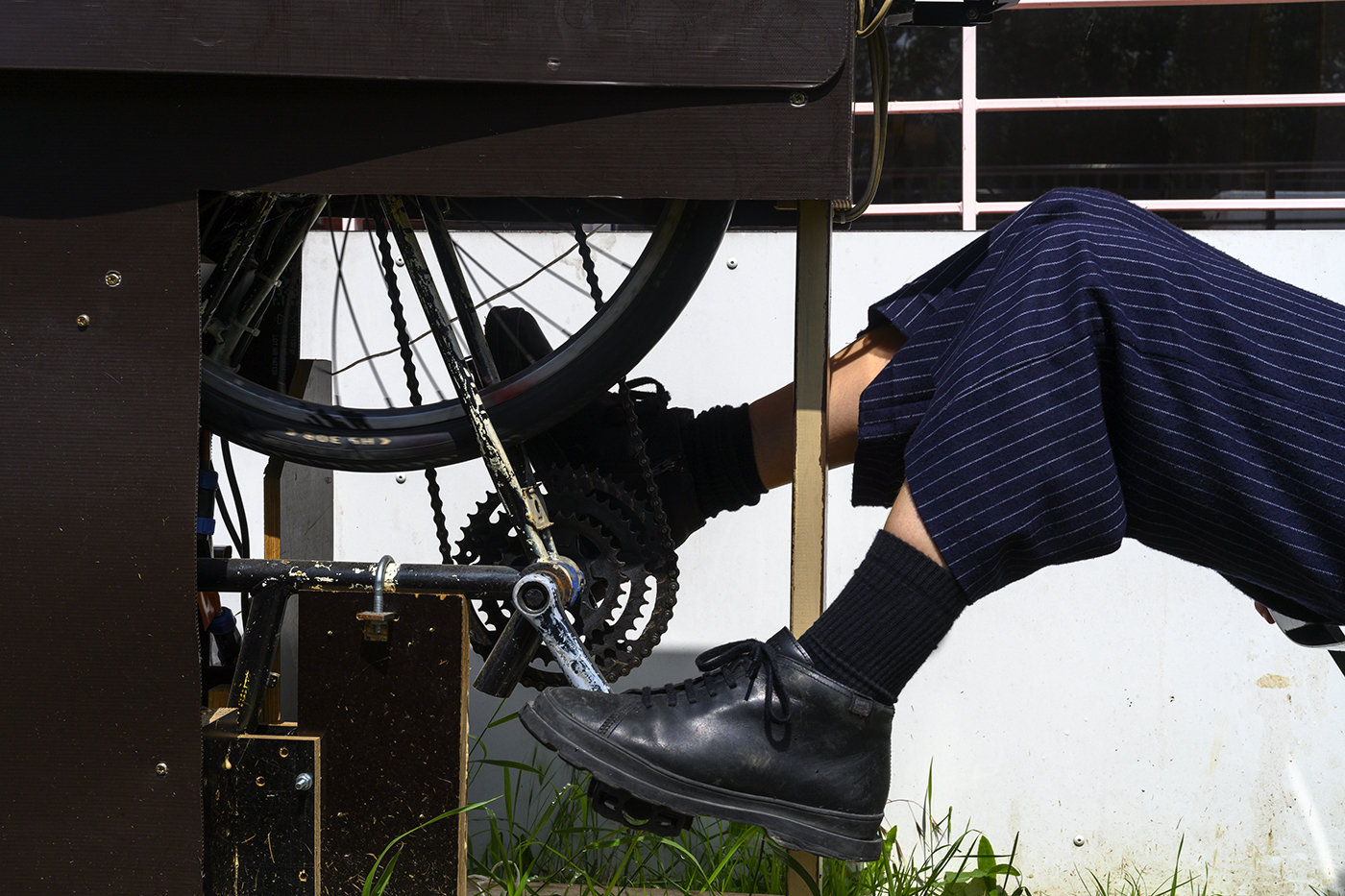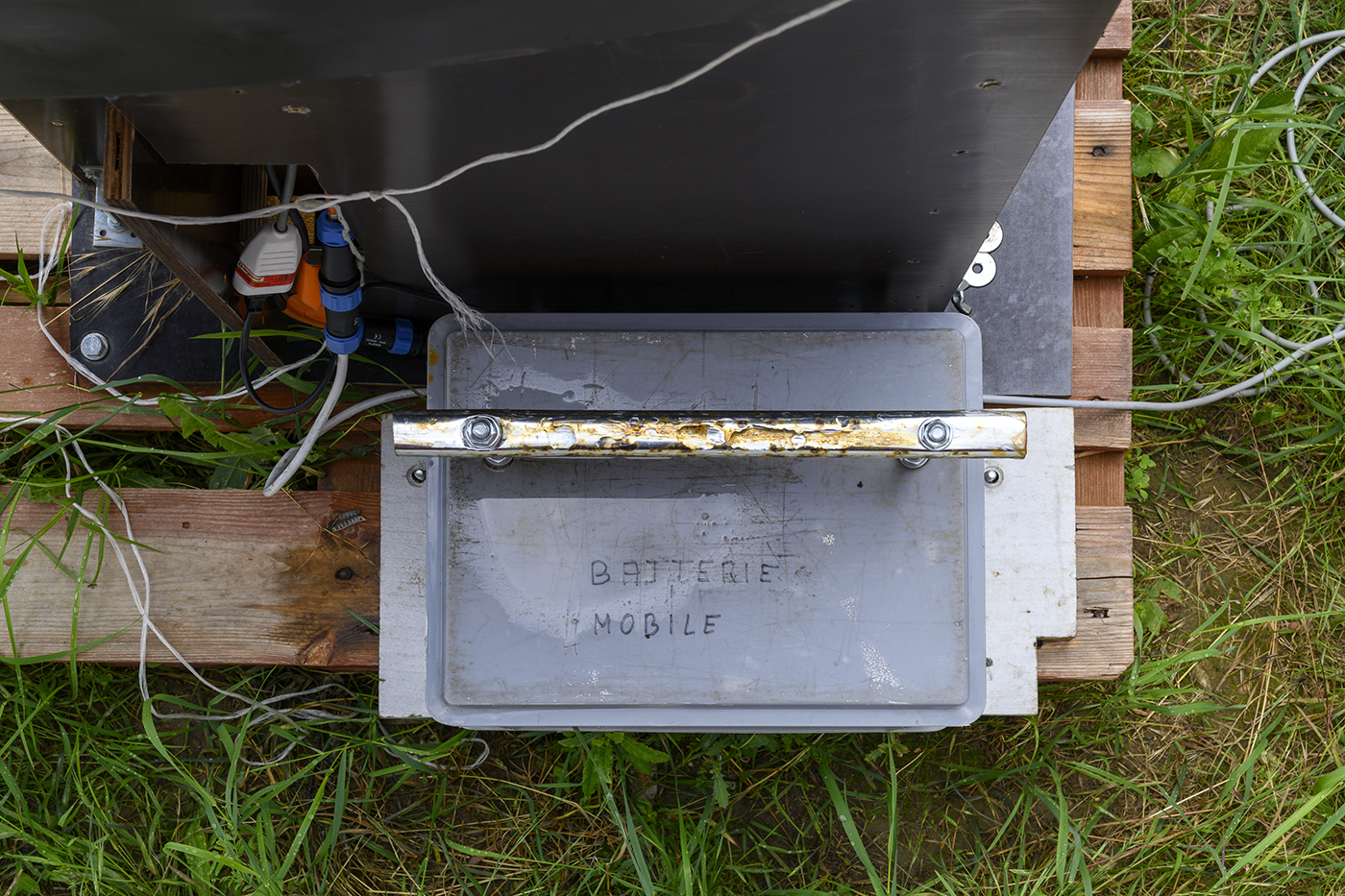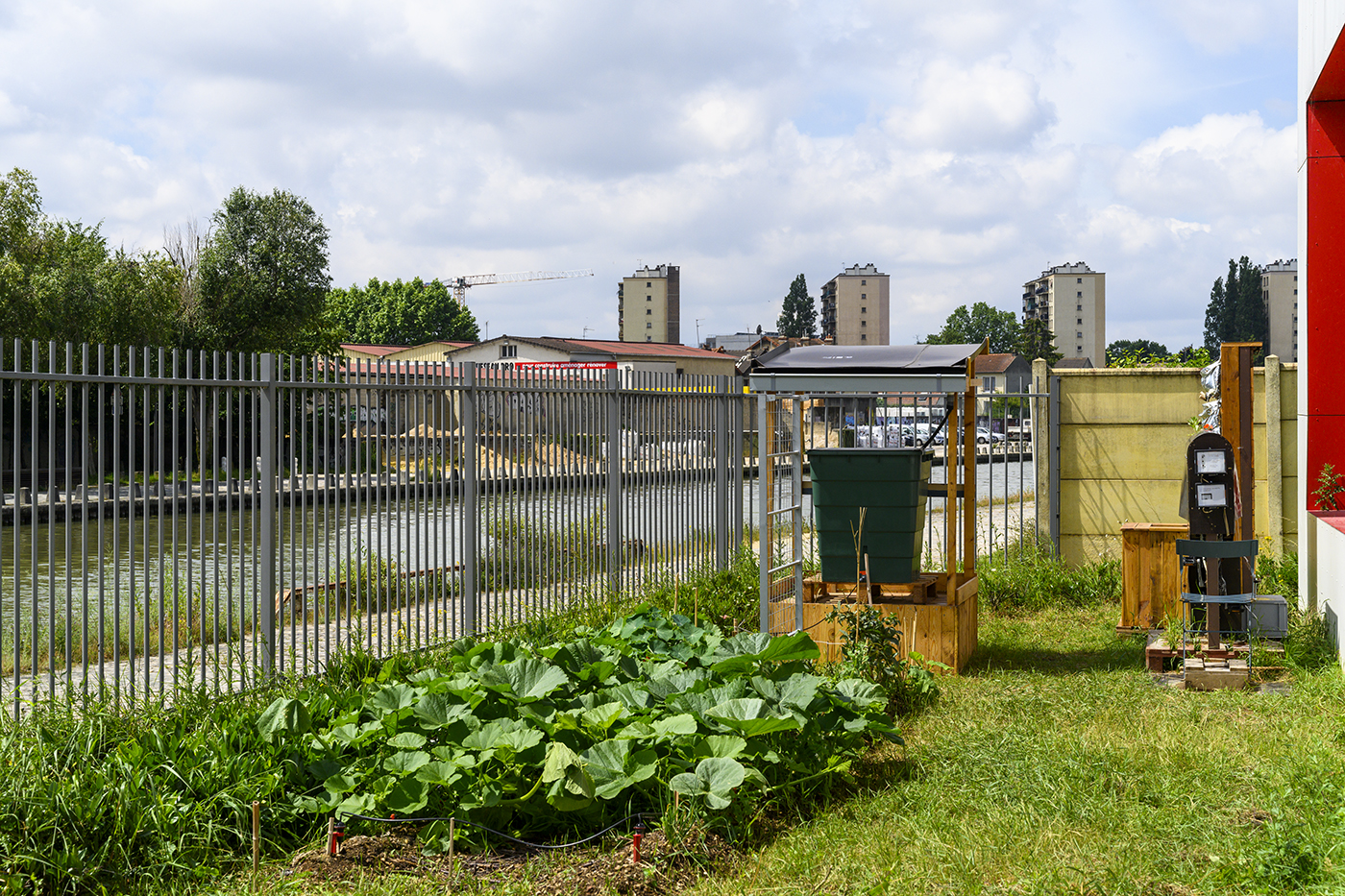- 2025
- 2024
- 2023
- 2022
- 2021
- The Forest System
- 2020
- A place to read
- Counterfactual
- Deep Sleep
- Fixing Sounds
- Ghost Populations
- Grey Matter
- Humanities
- Impôts.gouv
- My Precious One
- OK computer
- One for all
- Perfect Match
- Personal Borders
- Trial by fire
- Unconscious
- 2019
- Anonymous
- Daily science
- Houston 69
- Image and text
- La santé autrement
- Parts and labour
- Playing with fire
- Plu-present
- The art factory
- The legend factory
- The nuclear effect
- Unique every time
- Vertical
- What exactly is happiness?
- striking a chord
- 2018
- Animal images
- Connections
- Current affairs
- Extra space
- Les courts circuits
- Metamorphoses
- Off ground
- Playing with fire
- The Earth quakes
- The life of rays
- The ocean phenomenon
- The scope of cinema
- The struggle continues
- Top model
- Traces
- What is peace?
- 2017
- All about the climate
- Artistic territory
- Cars
- In all probability
- Inner journey
- Letter to a friend
- Planetarium
- Plants and us
- Polyptics
- Poster child
- Propagation of monotony
- Rocks unlimited
- Tour operator
- We, the presidents
- Youth culture
- 2016
- 3D universe
- Art curator
- Bioethics
- Colours
- Community radio
- Different books - digital design
- Different books - paper design
- Hands on
- Images - Mémoires
- In all probability
- Landscapes
- Meteors
- Microscopic
- Mirages
- Pantone Food
- The great outdoors
- The idiots' guide to teenagers
- The night
- There were several of them
- Under the surface
- 2015
- Books otherwise
- By prescription
- Denim
- Feet on the ground
- Intermediate schools in France
- Meteorologists
- Occupation: inventor
- Outdoors
- Sweet treats
- The art of love
- The climate in fiction
- To be completed
- Universal light
- Urban life
- What is today?
- Words and music
- 2014
- Are you modern?
- Aroma research
- Calculating sound
- Digital dreams
- Female landscape
- Hung up
- Infinite at top speed
- Les Grandes Tables
- Life in the laboratory
- Listening to the sacred
- Short trips into the working world
- The age of the earth
- Use and reuse
- Water
- Words and music
- Words and things
- 2013
- Aroma research
- As if by chance
- Behind the screen
- By what right?
- In praise of mixity
- Infinity at top speed
- Listening to the sacred
- Looking at animals
- Mass markets
- Memory
- On promotion
- Once upon a time: Art
- Segami
- Sensitive boundary
- Short trips into the working world
- The French factory
- Truth in sport
- 2012
- A simple movement
- Animalia
- Archigram
- Babel
- By what right ?
- Dinner's served!
- Experience of the world
- Found objects
- Money
- Once upon a time: Art
- Perceptible split
- Phenomena
- Serious games
- Television
- Warmly dressed
- 2011
- Animalia
- Balance of power
- Breathless
- Chemistry year
- Cities and architectures
- Eurêka
- Experience of the world
- Food
- Found objects
- Homepage
- Once upon a time
- Public life
- Television
- Under constraint
- Video games
- Vostok
- What to wear
- 2010
- Chimie en cuisine
- Eurêka
- Evolution
- Jeux vidéo
- La bioéthique
- La richesse - philosophie
- La richesse - sociologie
- Les adolescents - photographie
- Les adolescents - sociologie
- Objets trouvés
- Quel grand Paris?
- Rapprochement des cultures
- Sous contraintes
- Télévision
- Village global
Vertical
Since 2009, the Seine-Saint-Denis County Council has been backing “la Culture et l’Art au Collège (CAC)”. This project is based to a large extent on the presence in class for several weeks (40 hours) of an artist or scientist whose mission is to engage the students in a process of research and creation.
Contributors: agronomists
Objectives:
In this course, the students assess one of the major issues facing the future of farming: how to feed constantly growing populations with less and less arable land. In order to understand the magnitude of the challenge, the students draw up and define all the aspects required for what is known as “vertical farming”, which they then set up in college.
Workshops:
The Lack of Land
The contributor explains how the most widely used innovative techniques work: hydroponics, permaculture and aquaponics. During this phase, the students learn to handle the technical samples necessary for these methods: greenhouse or other indoor location, connectors, seeds, etc. The students then set up a “traditional” plantation in class that will serve as a control to compare the germination and growth processes. They also analyse yields and product quality.
At a Height
A trip to a “vertical farm” is organised: how many “layers” of the crop are there? What yields does it produce and for what surface area? Is it an indoor installation or is it exposed to sunlight? What does it require for maintenance? This trip instigates the class’ project to find the ideal site and draw up diagrams, plans and technical drawings. A model of a standard installation is designed and presented to the Head Teacher.
Meeting Needs
What if the class had to meet their school’s food needs? The students calculate and describe the full programme that needs to be implemented to feed the school using their standard installation. At the same time, they are responsible on a small scale for the actual functioning of their installation. The projects are constructed and then installed in the college and the crucial monitoring phase is devised by the students: irrigation, lighting, temperature, nutrients.
Photos : PIERRE ANTOINE
